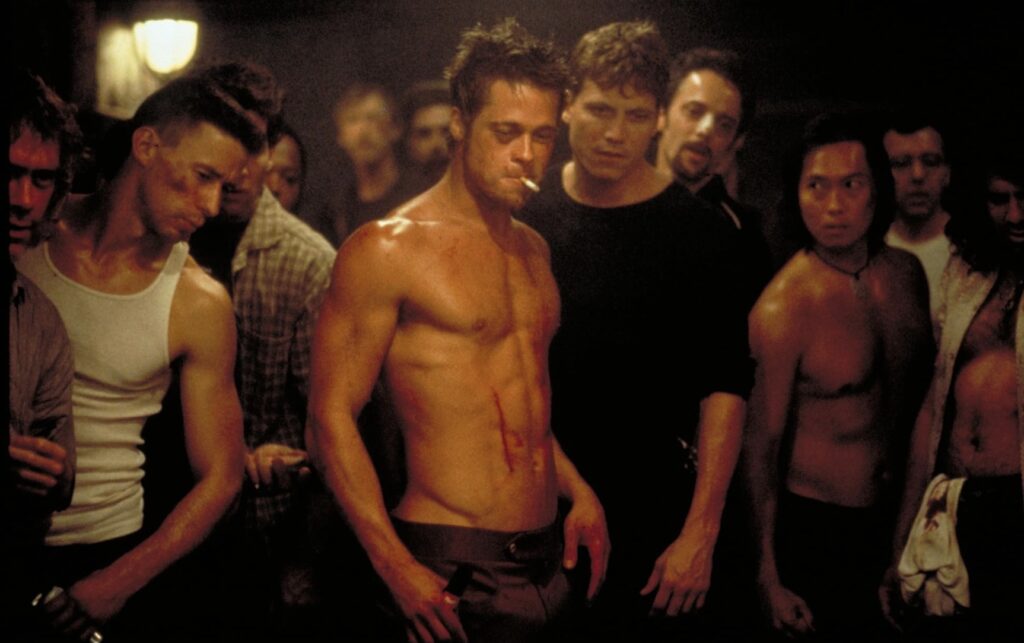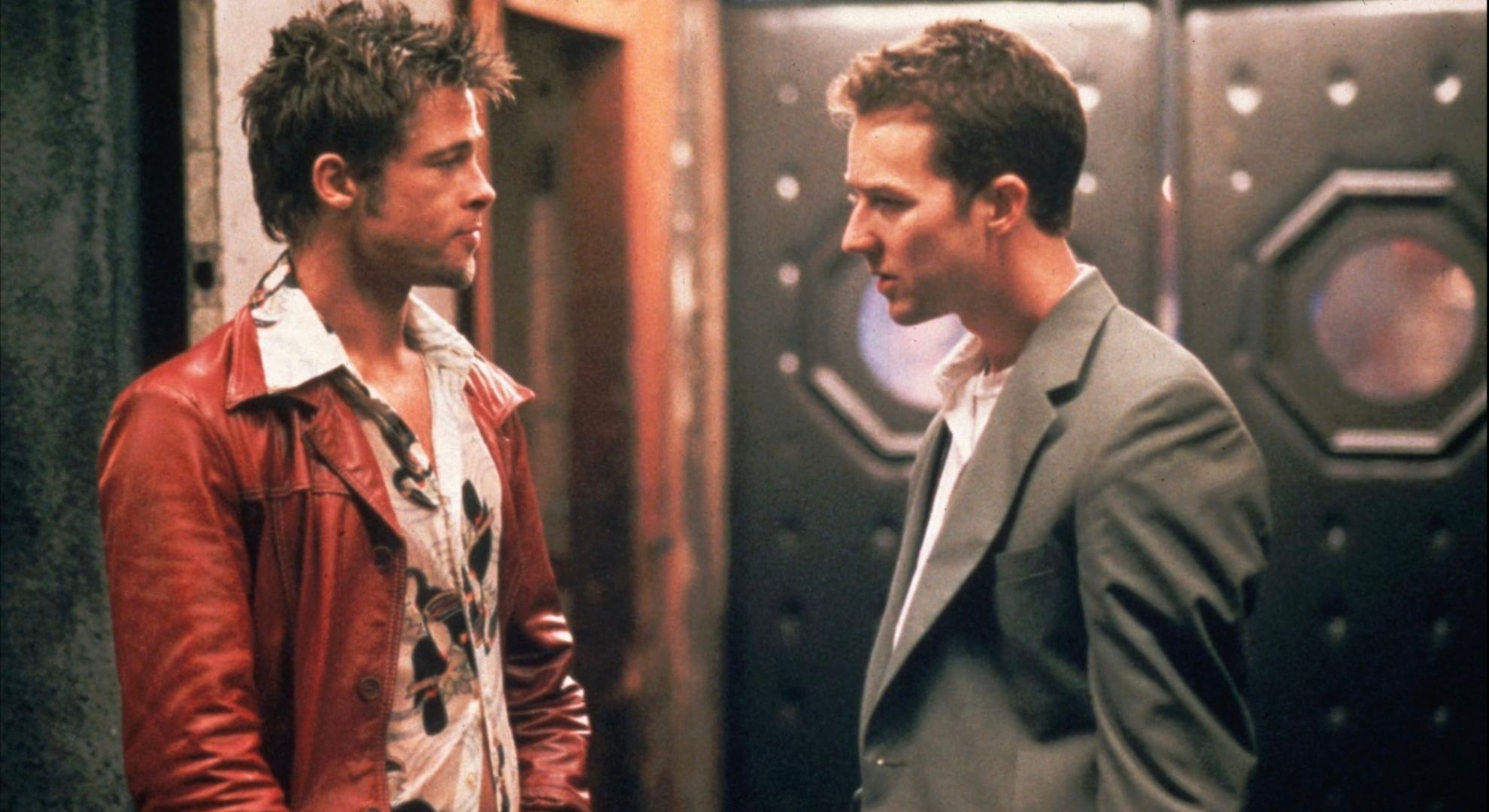Sorry (not sorry) incels, your beloved “Fight Club” wasn’t talking about you at all.
An interview with The Guardian led the cult classic’s director David Fincher to talk about how his film has been viewed by incels, or rather the “involuntary celibate” and other far-right groups. In fact, the filmmaker expressed his confusion as to how his 1999 film “Fight Club” had caught the eye and attention of misogynists.
In a nutshell, “Fight Club” is a movie based on the 1996 novel of the same name by Chuck Palahniuk, where a dissatisfied, unnamed narrator forms a “fight club” with a soap salesman and gets involved with a penniless, but otherwise attractive woman. The film starred Edward Norton as the film’s narrator, Brad Pitt as Tyler Durden, and Helena Bonham-Carter as Marla Singer.

Steve Rose of The Guardian asked David Fincher about the negative influence his movie had projected towards the sexually frustrated far right, to which the latter said, “I’m not responsible for how people interpret things…Language evolves. Symbols evolve.”
Rose, later on, asked Fincher if he was bothered by the fact that the movie “had become one of many touchstones in their lexicography,” to which the director replied, “We didn’t make it for them, but people will see what they’re going to see in a Norman Rockwell painting, or [Picasso’s] ‘Guernica’,” ultimately saying that he is not responsible for how his work is interpreted.
“It’s impossible for me to imagine that people don’t understand that Tyler Durden (Brad Pitt) is a negative influence…People who can’t understand that, I don’t know how to respond and I don’t know how to help them.”
Upon its release in 1999, “Fight Club” had flopped in the media box office, but ultimately rose as a “cult favorite” among teen boys and young men in their early 20s following its home video release.
The movie was said to have inspired a number of men who eventually carried out violent acts in the years following its release. One case involved a college student who planted pipe bombs in mailboxes in 2002 and a 17-year-old who formed his own version of a “fight club” and set off a bomb outside of a Starbucks in 2009.
Other POP! stories that you might like:
Take a look back at some of the best horror-themed cartoons of the 90s and early 2000s
PULP ventures into movies with the launch of PULP Studios
7 Magical moments in modern movie musicals
Guinness World Records to issue an investigation to see if Bobi was really the world’s oldest dog



